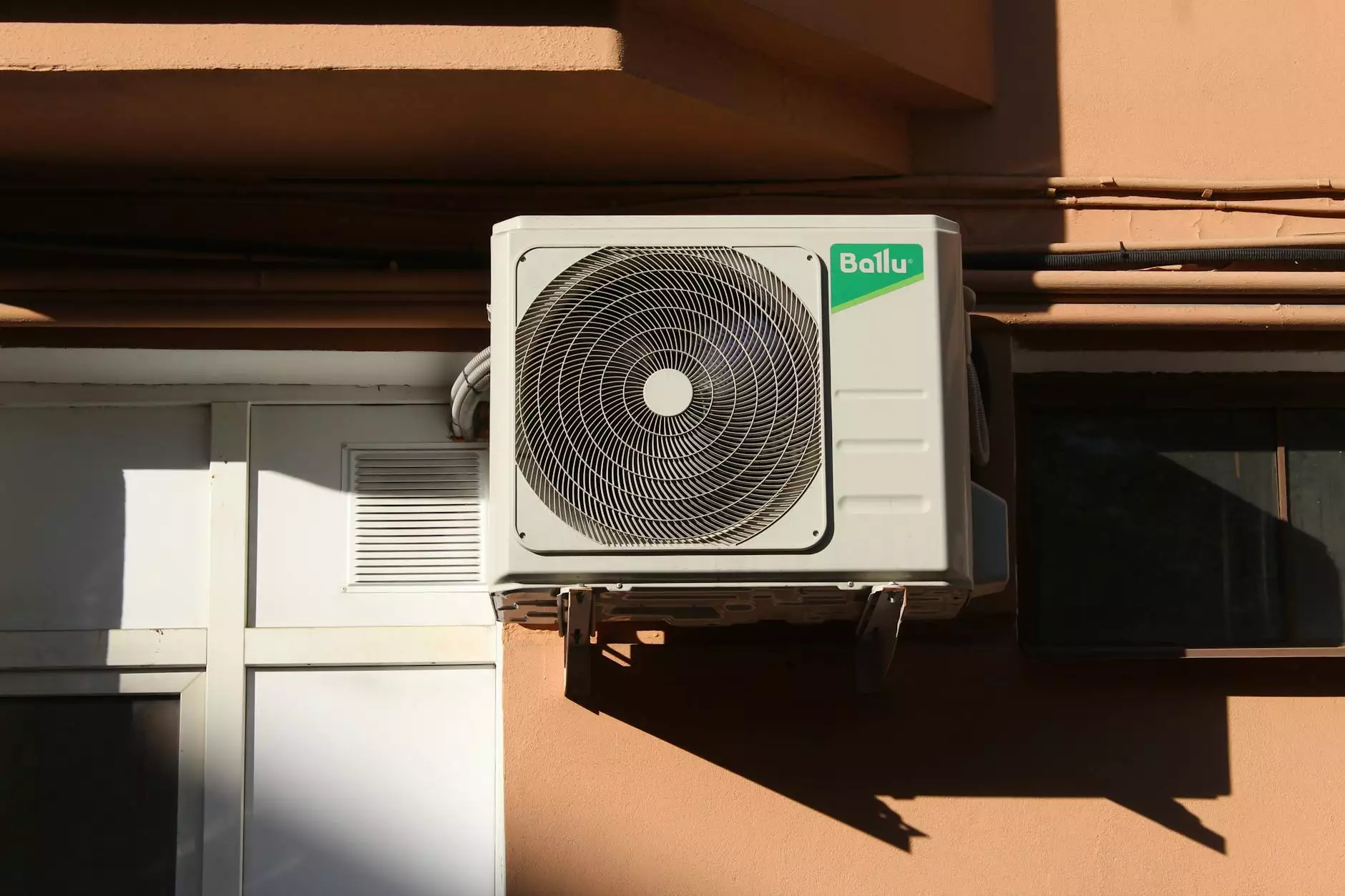Cornish Rex Hypoallergenic Cats: The Perfect Pets for Allergic Families

The Cornish Rex hypoallergenic cats are becoming increasingly popular among pet enthusiasts, especially for those who suffer from allergies. These unique felines are not only acknowledged for their striking appearance and playful personality but also for their minimal shedding and reduced allergenic proteins. This article will delve into the fascinating world of the Cornish Rex breed, offering valuable insights into their care, characteristics, and why they might be the *ideal* choice for families with sensitivities to pet dander.
1. Understanding the Cornish Rex Breed
The Cornish Rex is a distinctive breed known for its *curly coat*, large ears, and athletic build. Originating in Cornwall, England, in the 1950s from a natural mutation, these cats stand out not just for their looks but also for their charming temperaments. With a keen intelligence and affectionate nature, Cornish Rex cats are sociable and thrive on human interaction.
1.1 A Brief History
The story of the Cornish Rex began in a rabbit-filled farm near Bodmin Moor. A stray cat gave birth to a kitten named *Kallibunker*, whose curly fur would lead to the establishment of a brand-new breed. Geneticists discovered that the curly coat was due to a *recessive gene*, which means that Cornish Rex cats can produce curly-haired offspring if one parent has the gene.
1.2 Physical Characteristics
- Coat: The cornish rex has a *short, soft coat* that curls tightly to the body, making it low-maintenance in terms of grooming.
- Size: Typically, they are medium-sized cats, with males weighing between 8-10 pounds and females ranging from 6-8 pounds.
- Eyes: Their *large, expressive eyes* can come in a variety of colors, creating an enchanting look.
- Body Structure: With a *slender and graceful body*, they are muscular yet agile, ideal for playful antics.
2. The Allure of Hypoallergenic Cats
One of the most significant benefits of adopting a Cornish Rex is its hypoallergenic nature. Many individuals think that hypoallergenic pets do not produce allergens; however, the reality is a bit more nuanced.
2.1 Understanding Allergies
Human allergies to cats usually stem from proteins found in their saliva, skin, and urine. Notably, the main allergenic protein in cats is called *Fel d 1*. Unfortunately, this protein is present in all cat breeds but is produced in varying amounts. The Cornish Rex, while not completely free of allergens, produces less Fel d 1 compared to other breeds.
2.2 Reduced Shedding
Cornish Rex cats have a unique coat structure that results in minimal shedding, mitigating the spread of allergens in the household. This characteristic can be particularly beneficial for families that might struggle with allergies but still yearn for the warmth and companionship a cat can provide.
3. Why Choose Cornish Rex Cats
3.1 Playful Personalities
Cornish Rex cats are often described as *clowns* of the feline world. Their playful demeanor and high energy make them engaging companions. They love to interact with their human family members and often require mental and physical stimulation. Toys, climbing trees, and even a good game of fetch can keep them busy!
3.2 Social Companions
These cats are renowned for their social nature. Unlike some breeds that prefer solitude, Cornish Rex cats enjoy being around people and other pets, making them perfect for families. A Cornish Rex often seeks affection and is likely to follow you around the house, wanting to be involved in whatever you are doing.
3.3 Adaptability
Whether you live in a small apartment or a sprawling house, the Cornish Rex adapts well to various living environments. Their playful disposition ensures that they can entertain themselves, but they thrive in homes where they receive ample interaction.
4. Caring for Your Cornish Rex
Owning a Cornish Rex requires a commitment to understanding their specific care needs. Here’s a comprehensive guide to ensure your feline friend lives a fulfilling, healthy life.
4.1 Grooming Needs
The grooming requirements for a Cornish Rex are relatively straightforward due to their *short coat*. Regular brushing (once a week) helps to minimize shedding and maintain skin health. Additionally, routine care of their ears, due to wax buildup, is crucial.
4.2 Nutrition
A balanced diet tailored to your cat’s age, weight, and activity level is essential. High-quality cat food, rich in proteins and fatty acids, supports their energetic lifestyle. Consider consulting with a vet to create an appropriate feeding regimen.
4.3 Regular Vet Check-Ups
Routine veterinary care is vital to monitor health and prevent potential issues. Cornish Rex cats are generally healthy; however, they can be predisposed to certain genetic conditions, thus regular health checks are advisable.
5. Where to Find Cornish Rex Hypoallergenic Cats
If you're considering welcoming a Cornish Rex into your home, it's essential to find reputable sources. Here’s how to go about it:
5.1 Reputable Breeders
Seek breeders who are part of established cat associations like *TICA* or *CFA*. They typically ensure the health and socialization of their kittens. Visiting a breeder will also give you the opportunity to meet the kittens' parents and observe their home environment.
5.2 Animal Shelters
Don’t overlook local animal shelters and rescue organizations. While finding a Cornish Rex specifically may require some patience, adopting a cat in need of a home can be incredibly rewarding. Often, shelters will have mixed-breed cats with Cornish Rex traits.
5.3 Online Platforms
Websites dedicated to cat adoption or breed-specific listings can offer leads on available cats. Always ensure that the platform has reviews and credibility to avoid scams.
6. Embracing Life with a Cornish Rex
Bringing a Cornish Rex hypoallergenic cat into your life means more than just adopting a pet; it’s about creating a bond with a creature that can bring immense joy. Their *playful nature*, skillful antics, and loving demeanor can transform a house into a home. Moreover, their suitability for allergy sufferers opens the doors for many who previously thought they could never own a cat.
6.1 Enhancing Your Home Environment
As you welcome your new Cornish Rex, enrich your home with *enrichment activities*. Cat trees, scratching posts, and interactive toys will ensure that your curious feline stays happy and engaged.
6.2 Building a Strong Bond
Spend quality time with your Cornish Rex, as these cats thrive on human companionship. Playing, cuddling, and even training your cat with tricks can deepen the bond you share, making for a remarkable pet experience.
Conclusion
In summary, the Cornish Rex hypoallergenic cats present a remarkable opportunity for pet lovers, particularly those affected by allergies. Their playful demeanor, adaptability, and minimal shedding characteristics make them an excellent choice for families. If you're considering a pet, the Cornish Rex offers all the love and companionship you could hope for without the typical burdens of shedding and allergens.
Visit idealcornishkittens.com today to learn more about this charming breed and begin your journey towards finding the perfect Cornish Rex hypoallergenic cat for your family!









